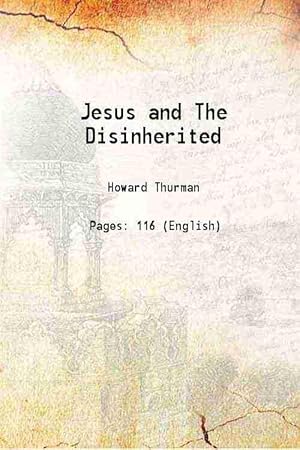


“Vengeance is mine I will repay, saith the Lord.” At the moment of injury or in the slow burning fires of resentment this may be poor comfort. In the wide sweep of the ebb and flow of moral law our deeds track us down, and doer and deed meet. Third, the evildoer does not go un- punished. Second, no evil deed represents the full intent of the doer. Forgiveness beyond this is interpreted as the work of divine grace. There is present an element that is contingent upon our attitude. First, God forgives us again and again for what we do intentionally and unintentionally. “In Jesus’ insistence that we should forgive seventy times seven, there seems to be the assumption that forgiveness is mandatory for three reasons. Once, when someone addressed him as ‘Good Master,’ Jesus is quoted as having said, ‘Why callest thou me good? There is none good, but… God.’ No evil deed-and no good deed, either-was named by him as an expression of the total mind of the doer. Can the mouse forgive the cat for eating him? It does seem that Jesus dealt with every act of forgiveness as one who was convinced that there is in every act of injury an element that is irresponsible and irrational. Perhaps there is no answer that is completely satisfying from the point of view of rational reflection. “It is clear that before love can operate, there is the necessity for forgiveness of injury perpetuated against a person by a group.

Then Peter came up and said to Him, “Lord, how many times shall my brother sin against me and I still forgive him? Up to seven times?” Jesus *said to him, “I do not say to you, up to seven times, but up to seventy-seven times.-Matthew 18:21-22 He goes on, “I am deeply convinced that in the general area of my inquiry is to be found the answer without which there can be little hope that men find in Christianity the fulfillment which it claims for its gospel” (ibid., xix) In his preface, Thurman asks a question many of us have asked, “Why is it that Christianity seems impotent to deal radically, and therefore effectively, with the issues of discrimination and injustice on the basis of race, religion, and national origin?” (ibid.” xix).

xii) Vincent will go on to suggest that Howard Thurman’s work answers this question, “the ultimate issue is not being more moral than white folks, but becoming more free than we have ever been, free to engage our fullest powers in the transformative tasks that await us at the wall” (ibid., xvi-xvii). King, why do we have to be more moral than white folks?”(Howard Thurman, Jesus and the Disinherited, Beacon Press, 1976, p. From the introduction of the 1996 edition, written by Vincent Harding: “Not too long before King’s assassination in 1968 Stokley asked with mock innocence, ‘Dr. This week we are praying through Howard Thurman’s 1976 book Jesus and the Disinherited.


 0 kommentar(er)
0 kommentar(er)
